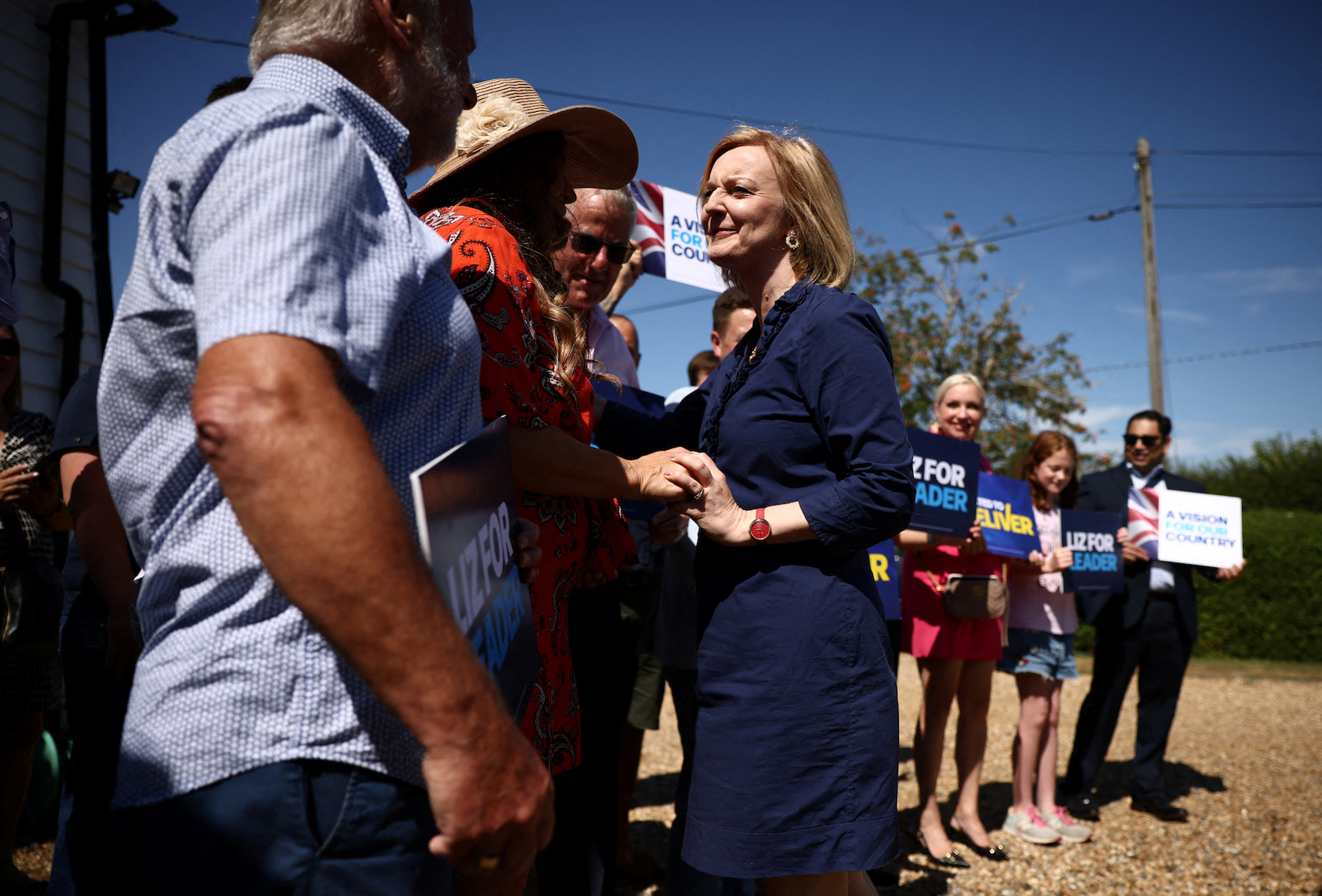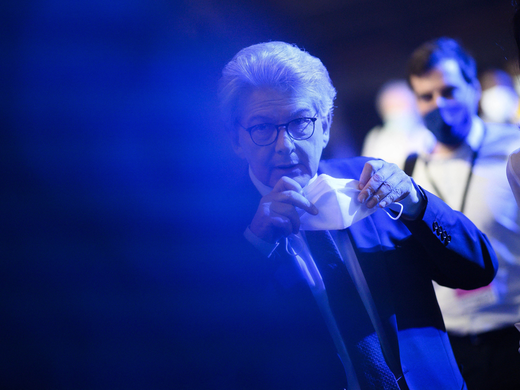In the context of a tumultuous political landscape, the UK Parliament’s Online Safety Bill, designed to regulate tech giants, fell off the agenda as a result of a lack of parliamentary time. Under a Liz Truss premiership, it would be brought back (Truss is one of two frontrunners to lead the Conservative Party in the race to replace Prime Minister Boris Johnson). Nadine Dorries, Secretary of State for Digital, Culture, Media and Sport, has said the bill will make the United Kingdom “the safest place in the world to be online while defending freedom of expression.” But the focus on policing content and increasing surveillance, rather than addressing the business model and the political narrative that threatens human rights online and off, does little to ensure our safety.
The powers it gives to the culture secretary to decide what kinds of speech should be policed online and how our communications should be monitored are, in themselves, a significant threat to freedom of expression.
It is now well accepted that human rights apply online, as they would offline. And the Online Safety Bill is a response to the obvious need to regulate the online space. But it does not exist in a vacuum, and a raft of other legislative proposals is a very real threat to our rights.
Government proposals to water down data protection laws, tear up the Human Rights Act, and limit protest rights and access to judicial review will do much more to undermine online safety than the new laws would do to protect it. For real safety, we need the rule of law and enforceable legal rights.
The internet was not “a thing” when David Maxwell Fyfe, the Conservative MP and lawyer tasked by Prime Minister Winston Churchill to give Europe a legally enforceable charter of rights, sat down with his colleagues to draft the European Court of Human Rights (ECHR) in the 1950s. But interpretations of the right to private life have developed to encompass online privacy and data protection, just as the right to freedom of expression has embraced online speech in the ECHR’s judgments.
European human rights law is a “living instrument” that evolves to reflect the modern context. A glance across the Atlantic flags the dangers of an alternative approach: the right to abortion stripped away based on legal interpretations that drag women back to the eighteenth century, and a poisonous online environment driving deadly misogyny such as the incel (“involuntary celibate”) movement. We cannot tie human rights law into a pre-technological past, and we cannot ignore human rights law when we try to regulate for our technological future.
The Human Rights Act has been under political attack pretty much since its inception. Prime Minister Tony Blair was the first to realize that it brought peace to Northern Ireland, but it also put legal brakes on many of the less peaceful things he wanted to do. That is the thing about human rights laws: they curb state power and force the state to do its job protecting us from each other — and itself. It is, perhaps, unsurprising then that governments have a fraught relationship with human rights. But we should not allow that to cloud our judgment.
Government rhetoric on human rights, lawyers and the legal system is itself a threat to safety, online and off. Some of my friends and colleagues in the United Kingdom are experiencing this very directly in real life while representing journalists and others who are targets of online hate as a tool of the state to repress dissent around the world. One colleague, Jen Robinson, won her case in Strasbourg as the British government settled, accepting that it was likely she had been put under surveillance and her communications intercepted in violation of her rights because she represents Julian Assange. And, as a lawyer who acted for Amber Heard in the UK defamation trial of Johnny Depp, her social media feeds have been filled with horrific bile in the fallout from the Depp v Heard defamation trial in the United States.
If you ever found your rights in danger, you would want Robinson on your side in court. But she and other colleagues are threatened in the real world and online for daring to stand up for human rights at home and abroad. The threats they experience are a direct result of the toxic political discourse on human rights combined with online information systems that fuel and amplify hate, particularly against women.
This article first appeared in City A.M.



